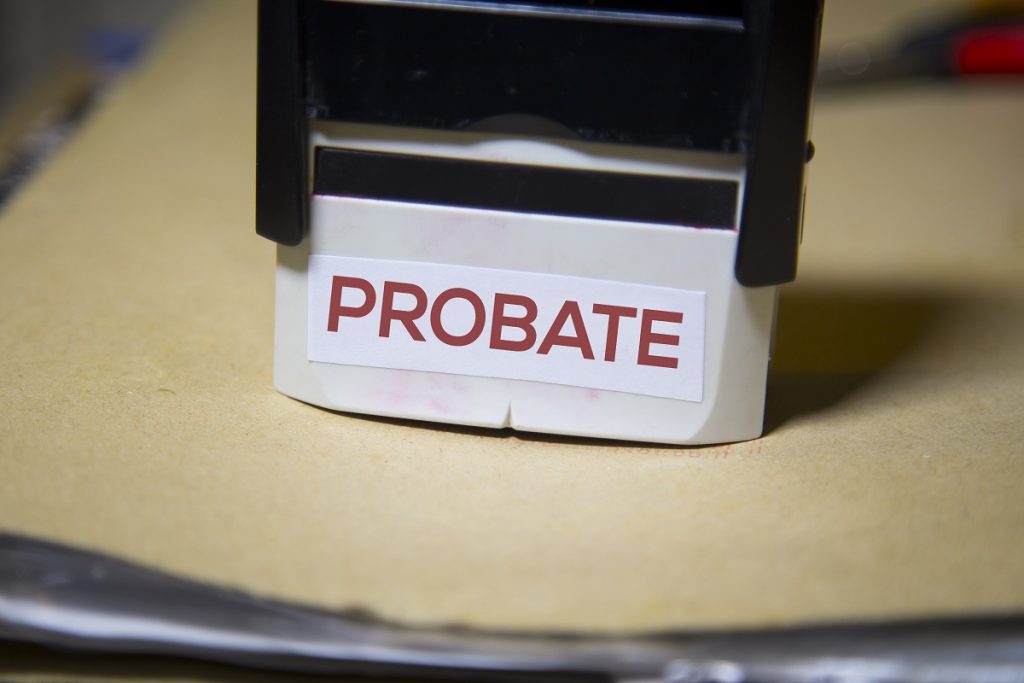In the UK, many people apply for probate every single day. Defined as a process which proves the legality of a will left by a deceased relative, probate is a somewhat arduous procedure to undertake, especially at a time of loss and grief. While it can be completed without the help of a solicitor, this is only recommended in exceedingly straightforward cases and, as you can imagine, very few cases of probate are straightforward.
Although the circumstances that surround each probate application are unique, there is a process that has to be followed for each case to be successful, allowing you to distribute the assets pertained in your loved one’s will.
In this simplified article, probate solicitors in Emsworth provide a step-by-step guide to probate law in the UK.
Is probate needed?
Once your loved one has passed away, the first step is to establish if you actually need to apply for a grant of probate or not. In the UK, if the deceased person’s estate is worth less than £15,000, or if their possessions were jointly owned (therefore passing onto their spouse or civil partner), then it is unlikely that you will need to apply for probate. If you have any concerns or questions surrounding this stage, contact probate solicitors near Emsworth for legal advice and clarity regarding your case.
Valuing
 If it is determined by probate solicitors from Emsworth that probate is indeed needed, then you will have to value the estate of your loved one. This will include valuing assets in bank accounts, pensions, properties and even stocks and bonds. This stage will also include the expenditure required to pay off any loans, mortgages, bills or other expenses, such as those associated with a funeral. If the value of the estate is over £325,000, then you will have to pay inheritance tax. If you have questions about accurate estimations of the estate, contact a solicitor who specialises in probate law.
If it is determined by probate solicitors from Emsworth that probate is indeed needed, then you will have to value the estate of your loved one. This will include valuing assets in bank accounts, pensions, properties and even stocks and bonds. This stage will also include the expenditure required to pay off any loans, mortgages, bills or other expenses, such as those associated with a funeral. If the value of the estate is over £325,000, then you will have to pay inheritance tax. If you have questions about accurate estimations of the estate, contact a solicitor who specialises in probate law.
Probate forms
With the valuation of the estate complete, you will need to begin filing for probate; this includes the probate application or PA1 form, alongside any paperwork linked to inheritance taxes. However, if the value of the deceased’s estate is less than the tax threshold for inheritance tax, you will need to complete additional forms, such as the IHT 205 form. This is another advantage of hiring a specialist solicitor, as they will be able to recommend which forms you need to complete and will even fill them in on your behalf.
Send application
Once all the paperwork is completed, you will need to send all of the forms to the Probate Registry, alongside the original death certificate, will and a cheque for the fee of applying for probate. You will need to swear an oath that all the information pertained in the aforementioned documents is true, and so, once all the paperwork has been received the Probate Registry will confirm the appointment time for you to visit their office to do this.
